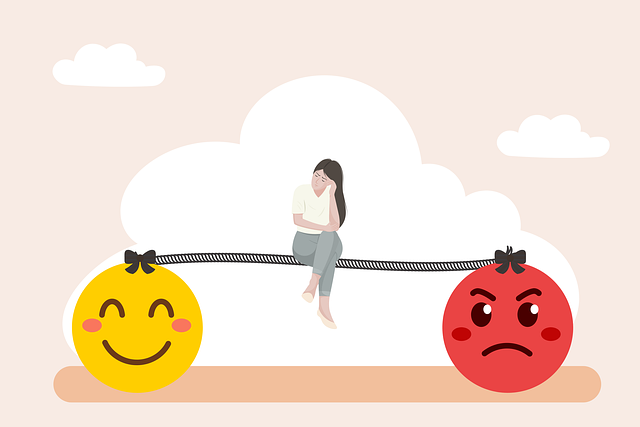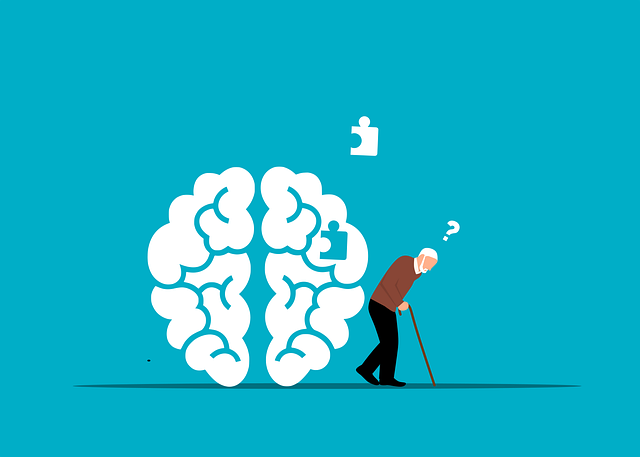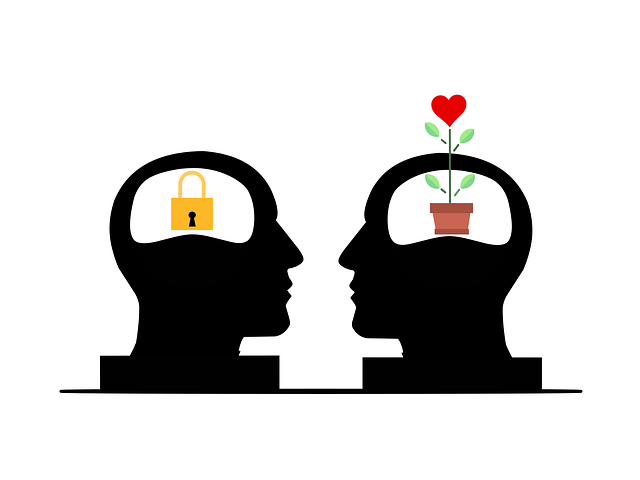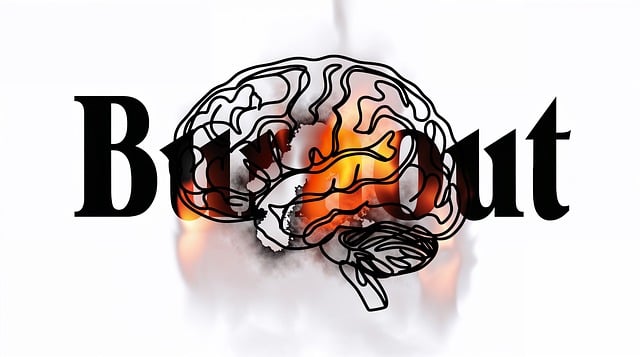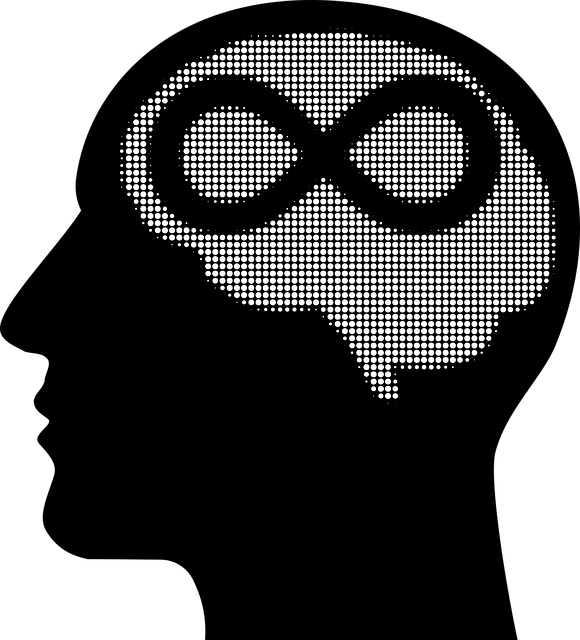Mental health crisis hotlines play a vital role in supporting children with learning disabilities, offering immediate, confidential counseling, and coping strategies. These services empower kids to manage anxiety, depression, and learning-related challenges through non-judgmental spaces and mindfulness techniques. Professionals specializing in emotional well-being promotion ensure tailored therapy, raise mental health awareness through education, and foster resilience in a culturally sensitive manner. Accessing these hotlines is crucial for families seeking crisis intervention and referrals, eventually connecting them to suitable therapists and community programs for therapy for children with learning disabilities.
In today’s fast-paced world, mental health crisis hotline support services play a crucial role in providing immediate assistance to individuals, especially children with learning disabilities. These 24/7 resources offer a confidential space for expression and are staffed by trained professionals who can deliver emergency therapy and guidance. This article delves into the significance of these hotlines, exploring how they serve as a lifeline for children with learning disabilities, while also guiding parents and caregivers through accessing effective therapy and support.
- Understanding Mental Health Crisis Hotlines: A Lifeline for Children with Learning Disabilities
- The Role of Professionals: Providing Emergency Therapy and Support
- Accessing Services: Navigating Resources for Effective Intervention
Understanding Mental Health Crisis Hotlines: A Lifeline for Children with Learning Disabilities

Mental health crisis hotline support services play a pivotal role in assisting children with learning disabilities who may be facing emotional distress or mental health challenges. These hotlines offer immediate, confidential, and free counseling to young individuals who are struggling with various issues, including anxiety, depression, or difficulties related to their learning disability.
Children often face unique barriers when it comes to accessing traditional therapy for their learning disabilities. Hotline services provide a non-judgmental space where they can openly discuss their concerns, gain coping strategies, and learn mindfulness meditation techniques to improve emotional well-being. By promoting mental health awareness and providing easy access to support, these hotlines ensure that children with learning disabilities receive the necessary care and guidance during times of crisis, fostering a sense of resilience and empowerment.
The Role of Professionals: Providing Emergency Therapy and Support

In moments of intense emotional distress or during a mental health crisis, professionals play a pivotal role in providing immediate therapy and support. These experts are equipped to handle emergency situations, offering crucial interventions that can make a significant difference in an individual’s well-being. For children with learning disabilities, specialized therapists employ tailored Emotional Well-being Promotion Techniques to address their unique challenges. This approach ensures that therapy is accessible and effective, catering to the specific emotional and cognitive needs of these young minds.
Beyond acute crisis support, professionals contribute to Mental Health Awareness by educating communities on recognizing warning signs and promoting healthy coping mechanisms. They guide individuals through practices like Mindfulness Meditation, which has been shown to reduce anxiety and improve overall mental resilience. Through their work, these experts foster an environment where seeking help is normalized, ultimately leading to better access to care and improved emotional health outcomes.
Accessing Services: Navigating Resources for Effective Intervention

Accessing support for mental health crises is a vital step towards fostering resilience and promoting recovery. When individuals or families face challenges related to therapy for children with learning disabilities, navigating available resources becomes crucial. The first step is often identifying reliable hotlines that offer crisis intervention and referral services. These hotlines are designed to provide immediate assistance and connect people to suitable mental health professionals or community-based programs.
Effective intervention requires understanding the unique needs of each individual. Communication strategies tailored for families with learning disabilities can enhance access to care. Mental wellness coaching programs development specifically catering to these communities ensures that support is both culturally sensitive and accessible. Additionally, exploring innovative formats like mental wellness podcast series production can make information and resources more engaging and easily consumable, promoting a broader reach of essential services.
Mental health crisis hotline support services play a vital role in providing immediate assistance and guiding individuals, especially children with learning disabilities, towards the therapy they require. By offering emergency intervention and resources, these hotlines serve as a crucial lifeline, ensuring access to professional support when it matters most. Through effective navigation of available resources, families can receive the necessary tools to manage and improve mental health outcomes for their loved ones, ultimately fostering a more inclusive and supportive environment for those with learning disabilities who struggle with their psychological well-being.

